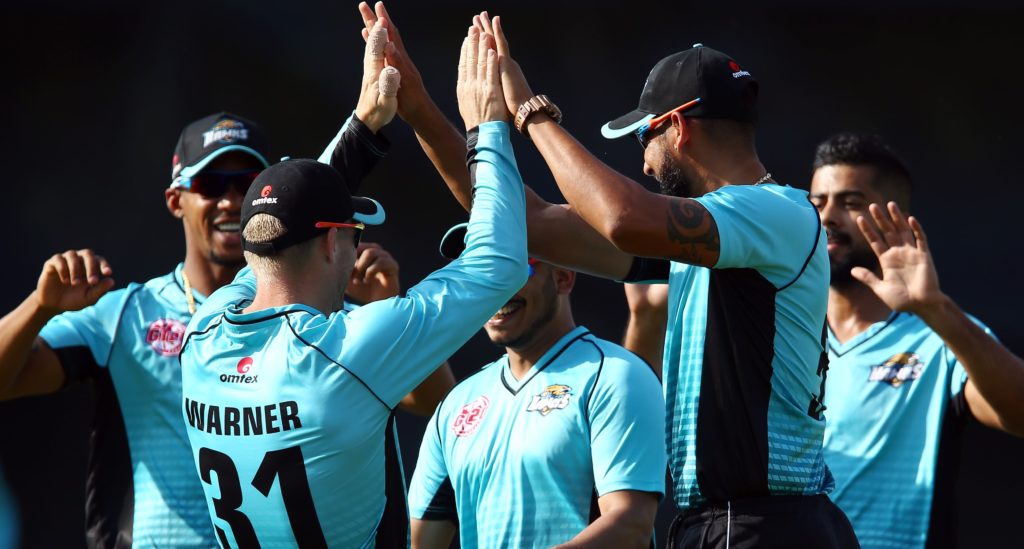The ICC’s Full Members are considering restricting their players’ participation in domestic T20 leagues and will attempt to stop the spread of leagues in Associate Member countries.
It is understood the majority of Full Members have given an in-principle agreement to capping player participation to no more than three T20 leagues a year.
Canada is holding its inaugural GT20, as is Norway and Nepal. In addition, there are a number of other lesser-known, fleeting leagues sprouting up in unlikely countries which have cricket associations.
The driving concern among Full Members is that most leagues in Associate countries are operated by a third party with little interest in the development of the game. And some ICC board members and chief executives feel that a few Associate boards themselves did not have real stakes in the game.
The chief executive committee (CEC) and the ICC board have discussed the issue at the annual conference in Dublin over the weekend and a broad consensus has emerged that if players are allowed to participate in any number of leagues it will start affecting international bilateral cricket. According to a report in ESPNCricinfo, the CEC and board were in favour of putting a cap on as soon as manageable, but a final decision is only expected at the October round of ICC meetings.
READ ALSO: T20 a powerful monster, says Faf du Plessis
The key response to any such moves – especially a player cap – will come from the Federation of International Cricketers’ Association and various player associations. Tony Irish, Fica’s executive chairman, sits on one of the ICC’s working groups which has been discussing the issue. It is understood that FICA has made it amply clear that putting a cap on player movement amounts to a restraint of trade.
But concern among some Full Members has been growing. In March Cricket West Indies prepared a paper on the effect T20 leagues are having on the world game. Their runaway success, the paper argued, could put international cricket in jeopardy, especially for boards without the financial strength to prevent their players from prioritising leagues over international cricket.
Other boards are already taking action. In May, the PCB (Pakistan Cricket Board) announced a new policy whereby its players would only be allowed to play in two T20 leagues this year, with or without the PSL. Last November, the Bangladesh Cricket Board announced they would offer only two no-objection certificates (NOC) a year to their contracted players. All overseas leagues demand an NOC from the host board before signing a player.
Photo: Vaughn Ridley/Getty Images







